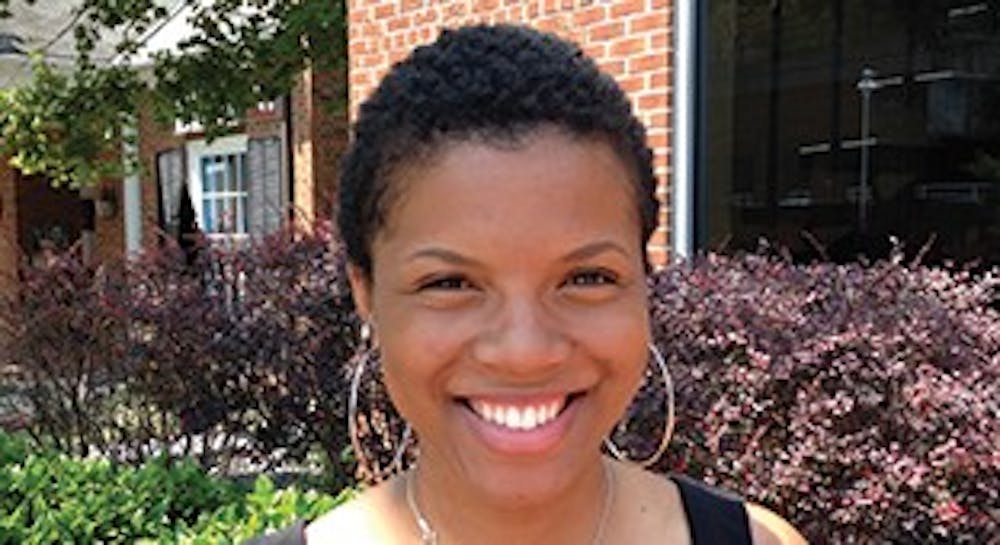Congratulations! If you are a freshman, you have survived your first two days of college.
But if you are an African-American, you have also survived two days of accounting for only 9 percent of your class.
If you got lost or walked around with a map on your phone like I did, don’t worry. In a month or so, you’ll be a pro at making it to your 8 a.m. in 10 minutes. All of your hard work throughout high school has prepared you to succeed here.
You might not, however, have been prepared for the racial dynamics here at UNC.
Certain burdens accompany being a minority at a predominantly white institution.
With such a small number of African-American students, there is an unspoken pressure to join cultural organizations.
When I arrived on campus, I saw the Black Student Movement as one of the only opportunities for me to meet and connect with other African-American students on campus.
When I saw other African-American students on campus who weren’t involved with BSM, I was surprised. I’m embarrassed to say, but I equated membership in BSM to students’ feelings toward African-Americans in general.
I thought every African-American person was a member of BSM. Why wouldn’t they be? With such a small number of “us,” wouldn’t you want to be in it?



